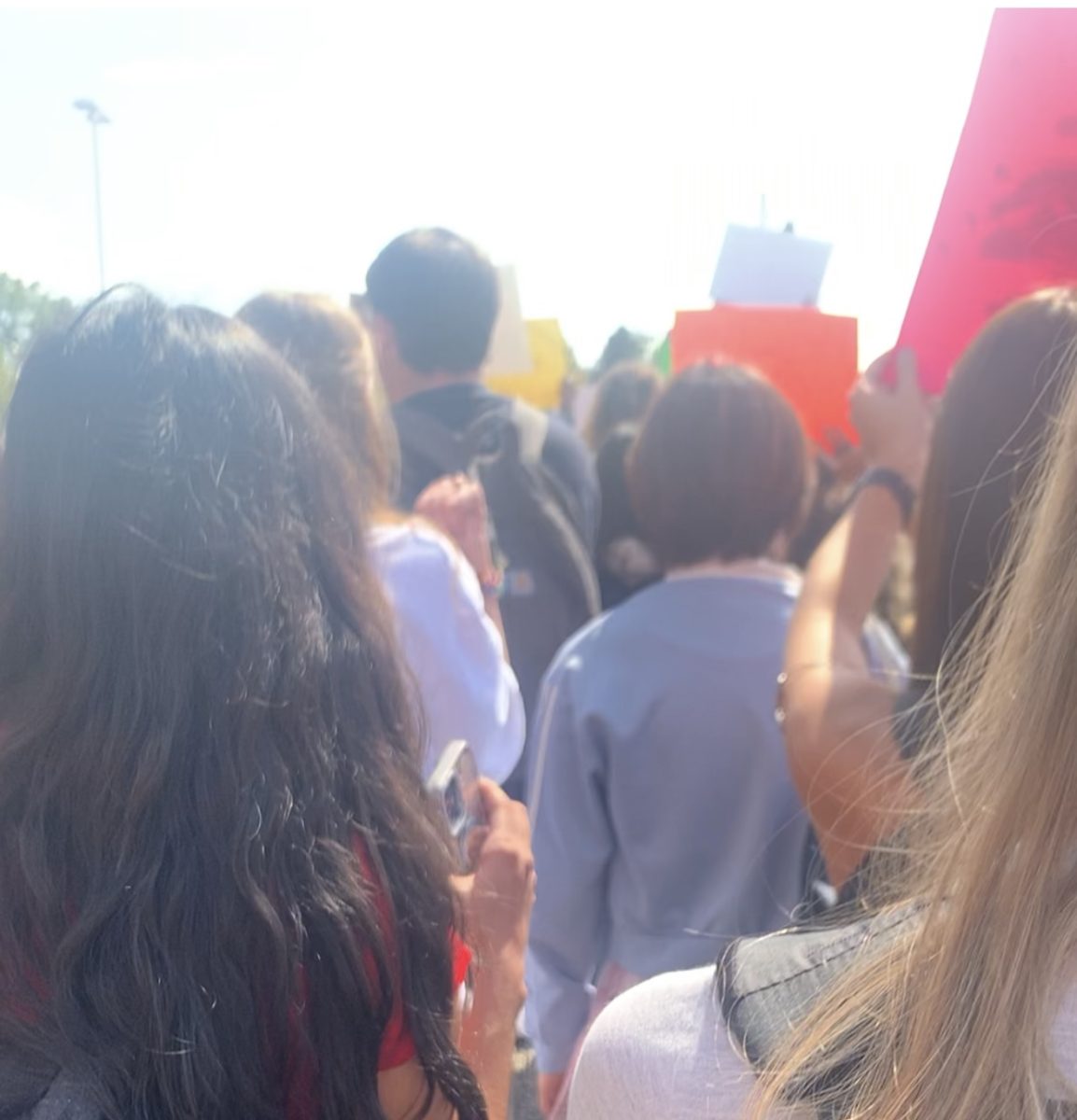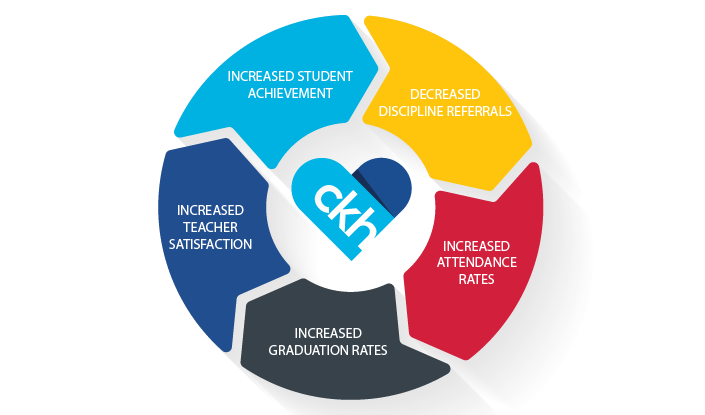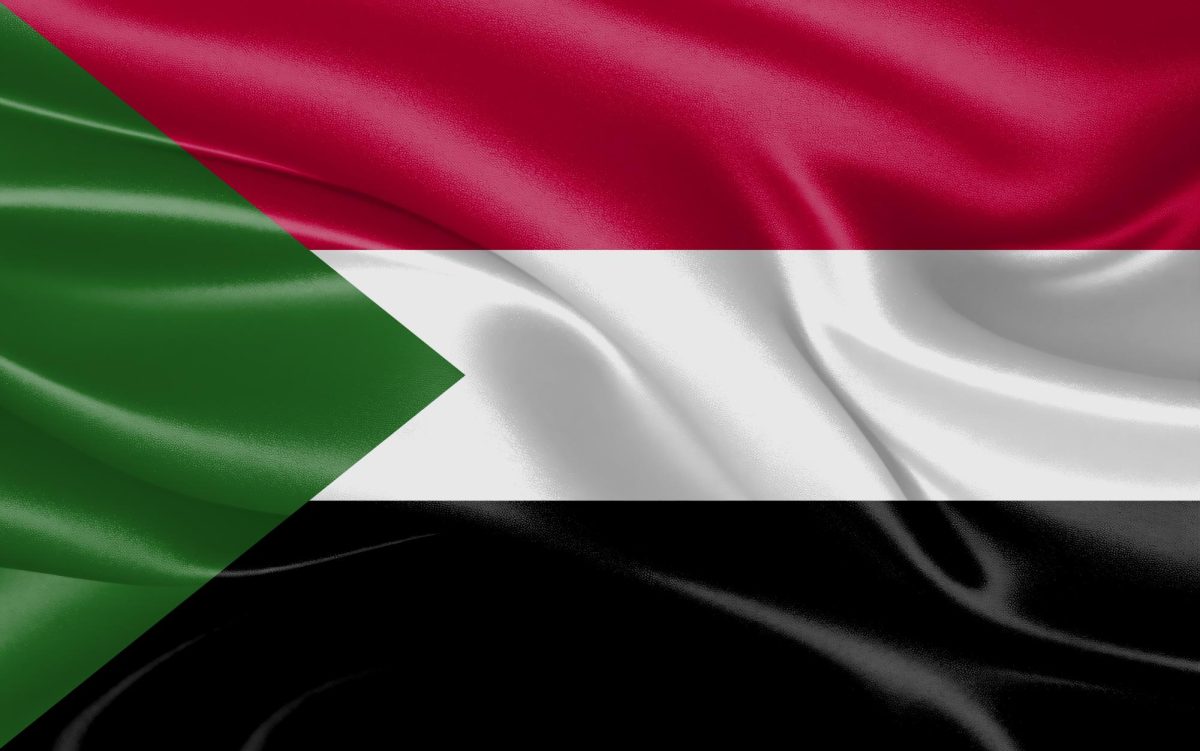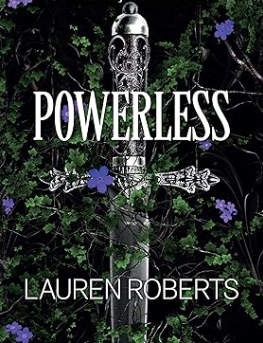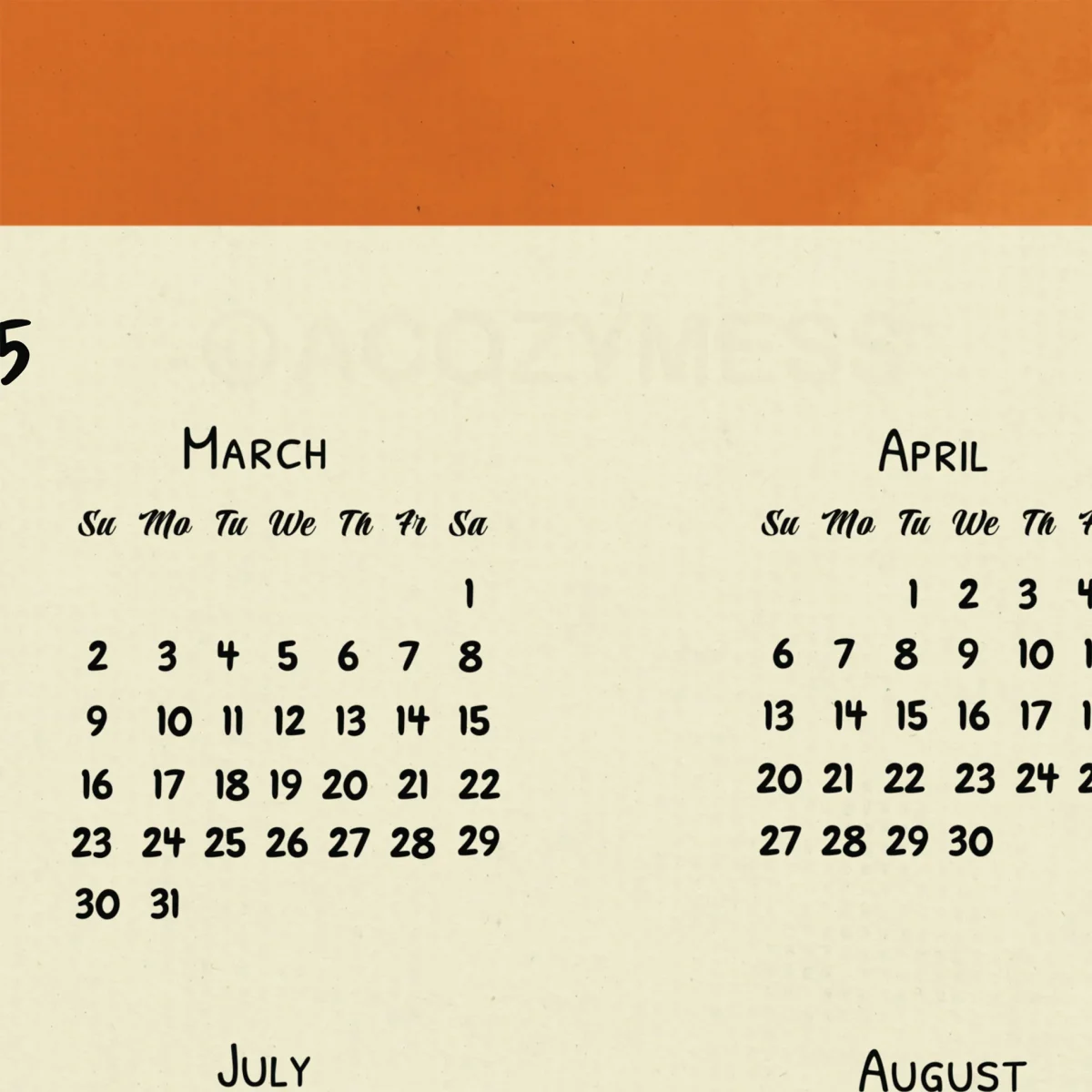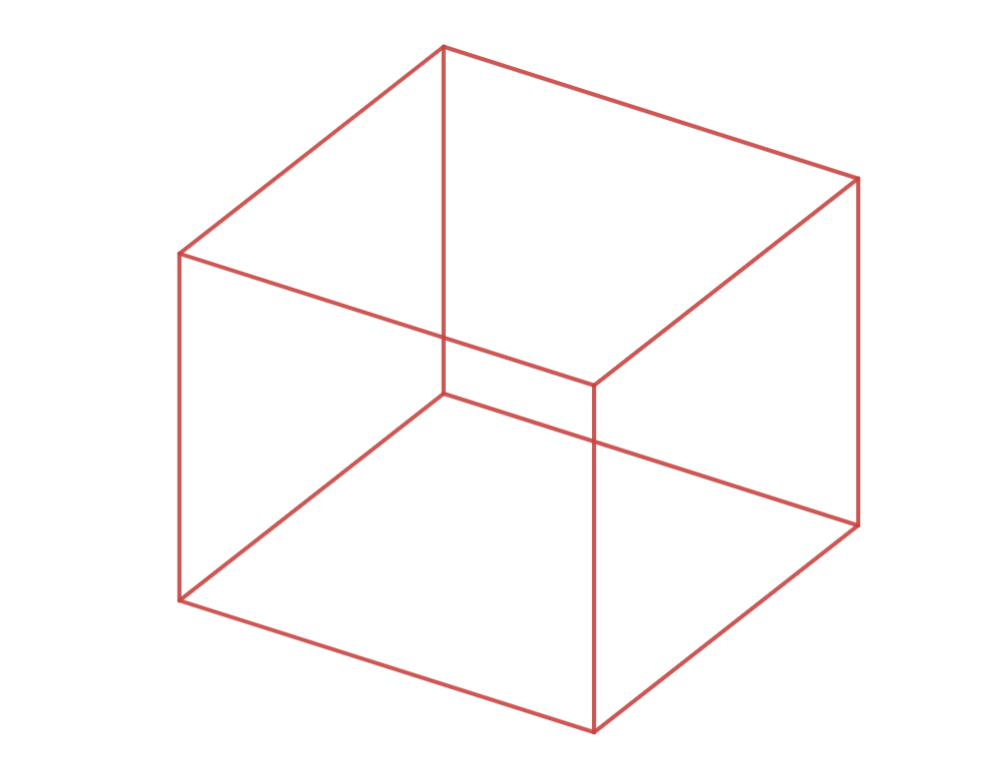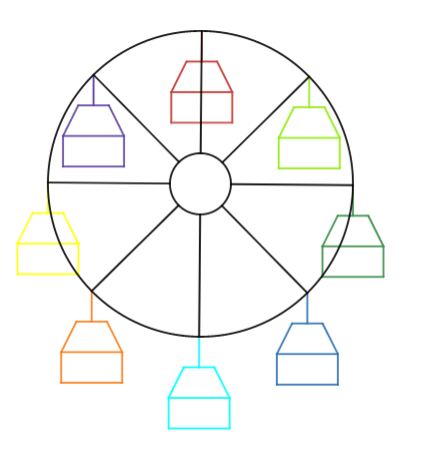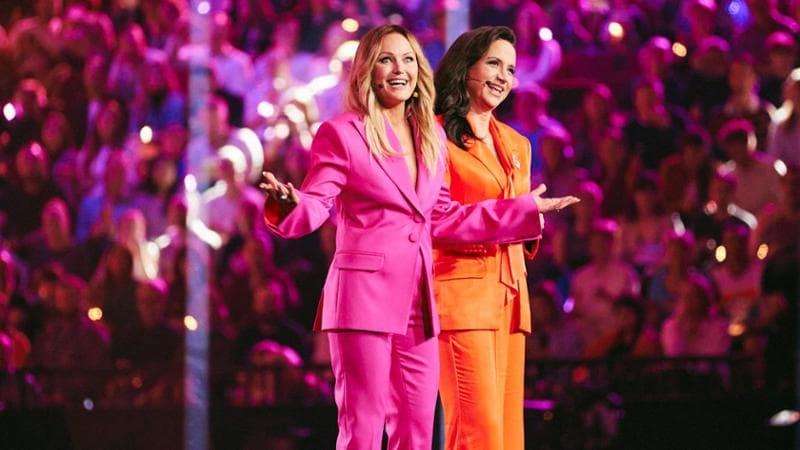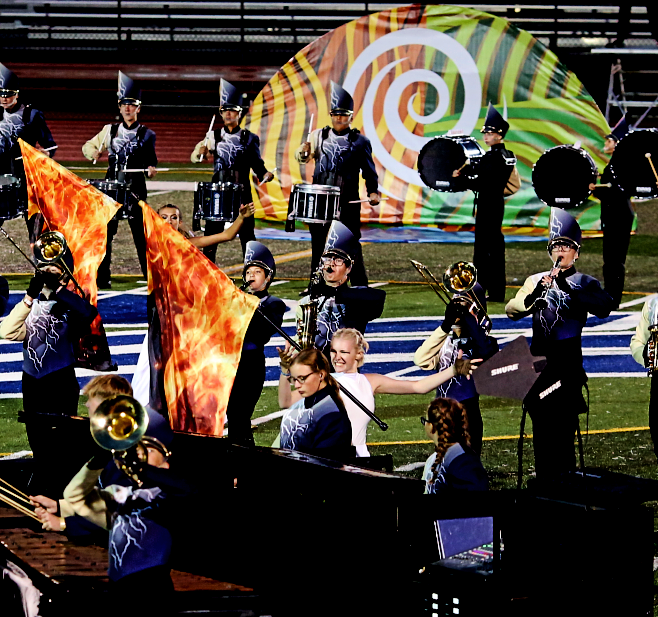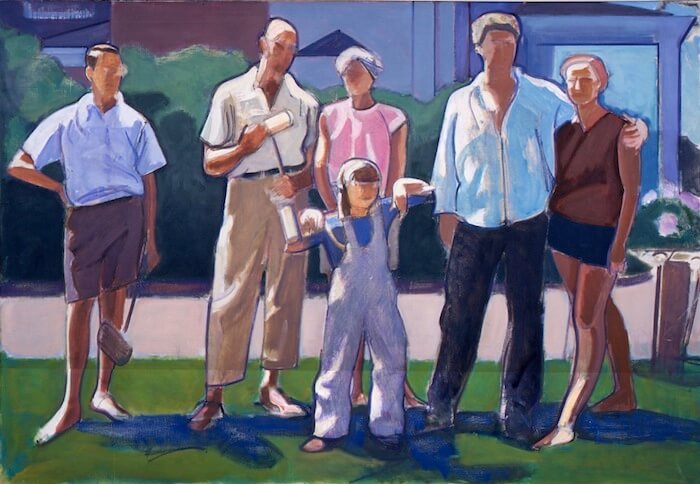You may have seen the Netflix movie Eurovision Song Contest: The Story of Fire Saga, but what many Americans don’t know is that the Eurovision Song Contest is a very real and very popular competition in Europe. Essentially, almost every European country can send a representative to the annual competition. Most countries have a competition to see who the representative will be, but some countries have internal selections.
The competition started in 1957 as a way to unify (mostly Western) Europe following World War II. Some winners you might recognize are: ABBA 1974 for Sweden, Celine Dion 1988 for Switzerland, Katrina and the Waves 1997 for the United Kingdom, Duncan Laurence 2019 for The Netherlands, and Måneskin 2021 for Italy. Many Eurovision songs have gained popularity in the States due to TikTok – songs like Snap by Rosa Linn (Armenia 2022), which only placed 20 out of 26 in the finals. So while you may not be familiar with the contest, you have likely heard many Eurovision songs – especially on TikTok.
As much as the EBU (European Broadcasting Union) would like to believe the contest isn’t political, it is and it always has been. With the war going on in Ukraine, Russia and Belarus are no longer allowed to compete, so many people were curious how the EBU would handle the situation in Israel. With Ukraine, Russia invaded without provocation, and only intended to take the land. Israel, however, is significantly more complicated. Hamas is a very anti-semitic terrorist organization that has been in control of Palestine’s government since 2007 and has been openly hostile and violent towards Israel and its government. This past year, the Israeli government has been ruthlessly attacking the Gaza Strip (where most Palestinians live). This situation doesn’t have super clear “good vs. evil,” like the Ukraine situation, and many differing opinions exist. As such, many European citizens expected Israel to be barred from competing, like Russia and Belarus. But the EBU didn’t decide to do that.

Many people were outraged by this decision, and there are a few reasons why. Many people across the globe had been protesting in support of Palestine for a while, and while most protesters are peaceful, there are a handful of people who will get violent under the guise of a protest. Putting aside whether Israel is in the wrong here, the competition would not be a safe place for the Israeli representatives, which proved to be very true. Eden Golan, the Israeli rep, was confined to her room for her safety, and only came out for events. She was booed extensively everywhere, and I cannot even imagine how that would make someone feel. Additionally, many of the other contestants were pro-Palestine, and she wouldn’t feel that this environment was a safe space either. The EBU had to employ “anti-booing” technology – created specifically for the 2024 competition – where loud, fake audience clapping covered the booing, but it sounded really strange considering Eden’s song was a ballad.

The EBU continued to make controversial decisions this year, disqualifying Netherlands representative Joost Klein over a very small harassment claim that hadn’t been investigated yet – after being investigated, Klein was not found guilty. Fans found the double standard here to really push it over the edge. The Netherlands had a contestant who pushed a camera out of his face, after explicitly stating that he didn’t want to be filmed as he was exiting the stage. Meanwhile, the country of Israel was actively at war and on the offensive. Most Eurovision fans are angry with the EBU, as were other contestants. Multiple delegations complained about another country making them uncomfortable (likely Israel but it wasn’t stated), and the exclusion of The Netherlands felt extreme. Many contestants, including the winner Nemo from Switzerland, expressed their desire to pull out of the finals in protest of Klein’s exclusion. Dutch musician Joost Klein was offered a spot at Eurovision 2025 but has declined the opportunity.

What does this mean moving into the 2025 competition? The EBU needs to make some serious changes before the 2025 competition. As of November 2024, Israel is set to compete at this year’s competition; they are currently in the process of choosing a representative. While the Israel-Palestine conflict is mostly resolved, they are now at war with multiple Islamic terrorist groups, Lebanon, and Iran. As of November 2024, there haven’t been many administrative changes, the EBU has the same director and Martin Österdahl is still the executive supervisor. But more eyes are directed towards the EBU this coming year, so hopefully they will make changes this year. Eurovision 2025 will take place in mid-May in Basel, Switzerland.


